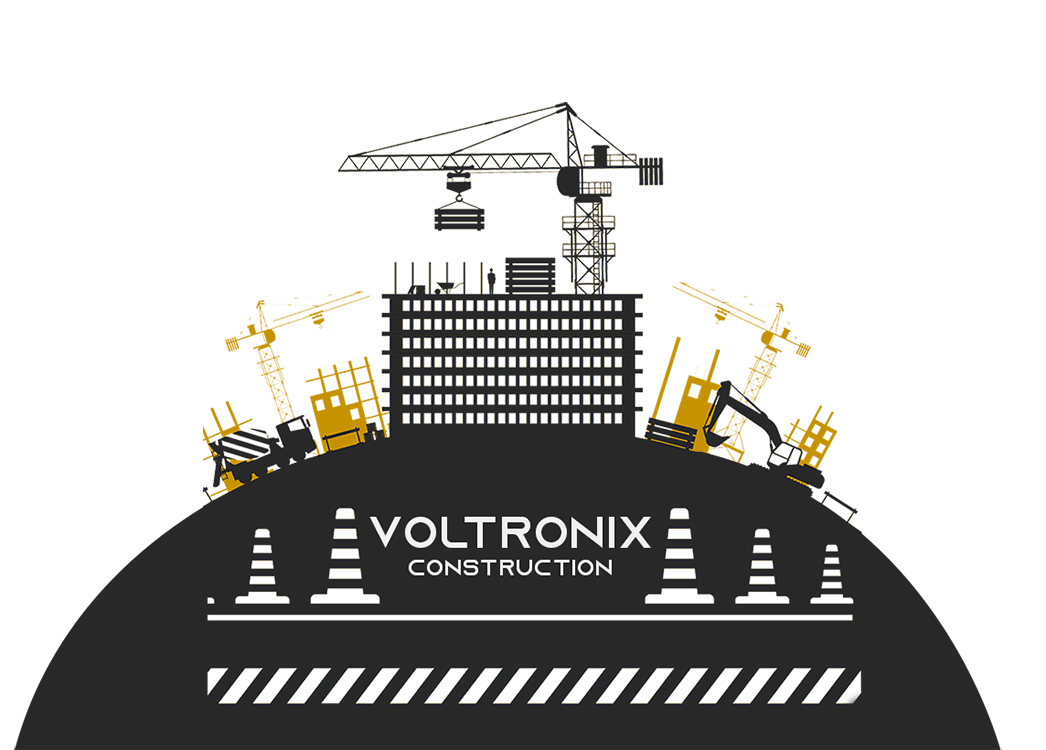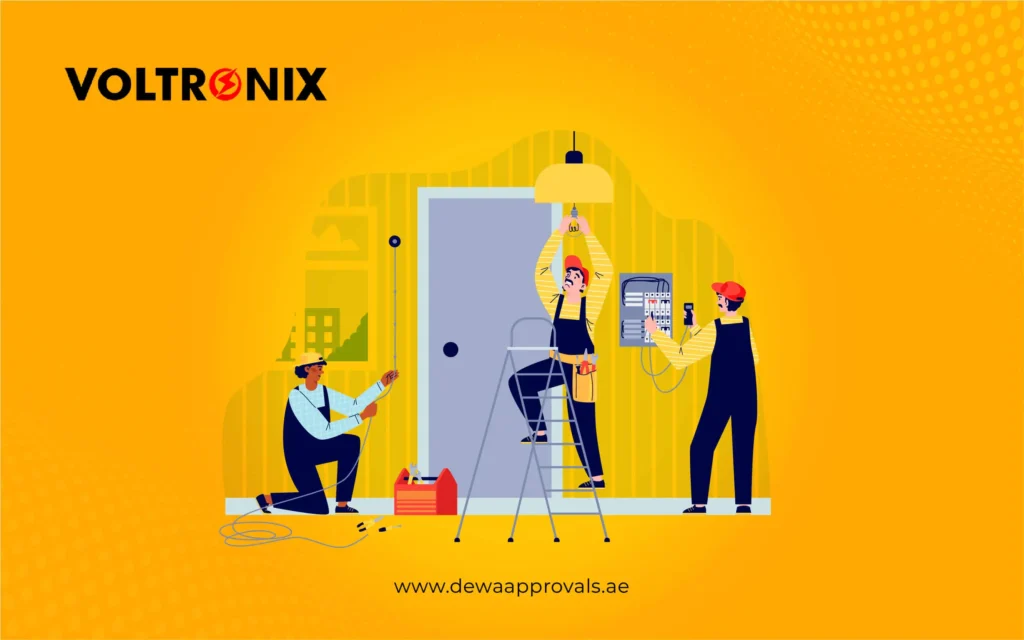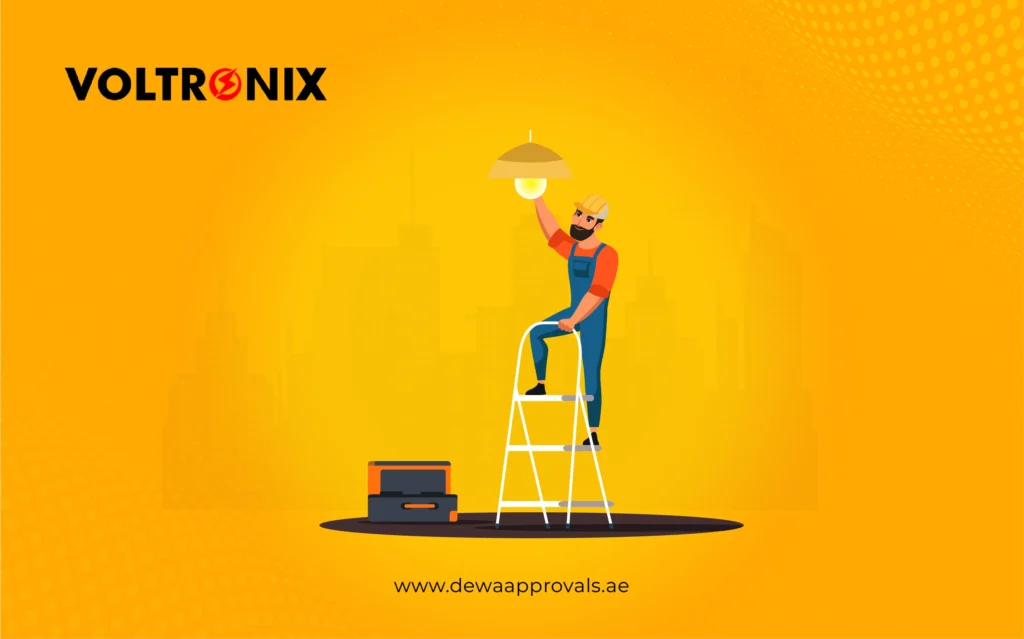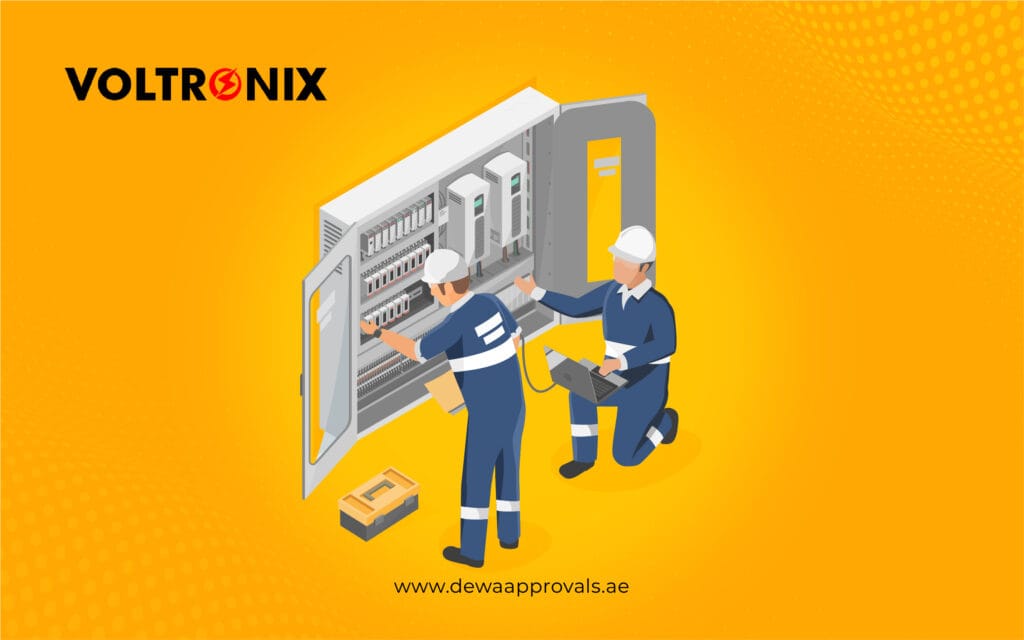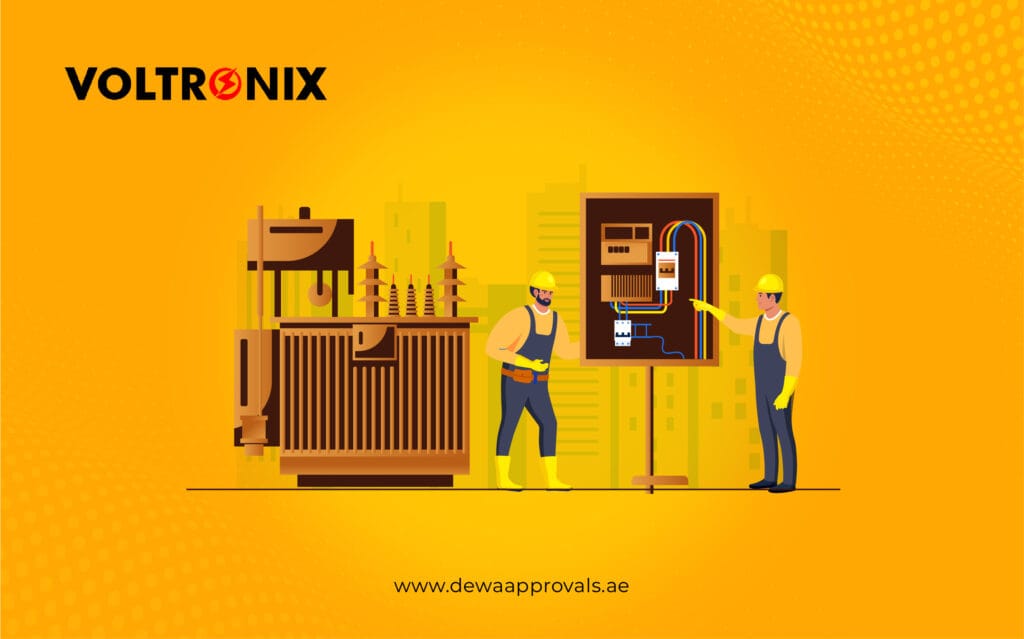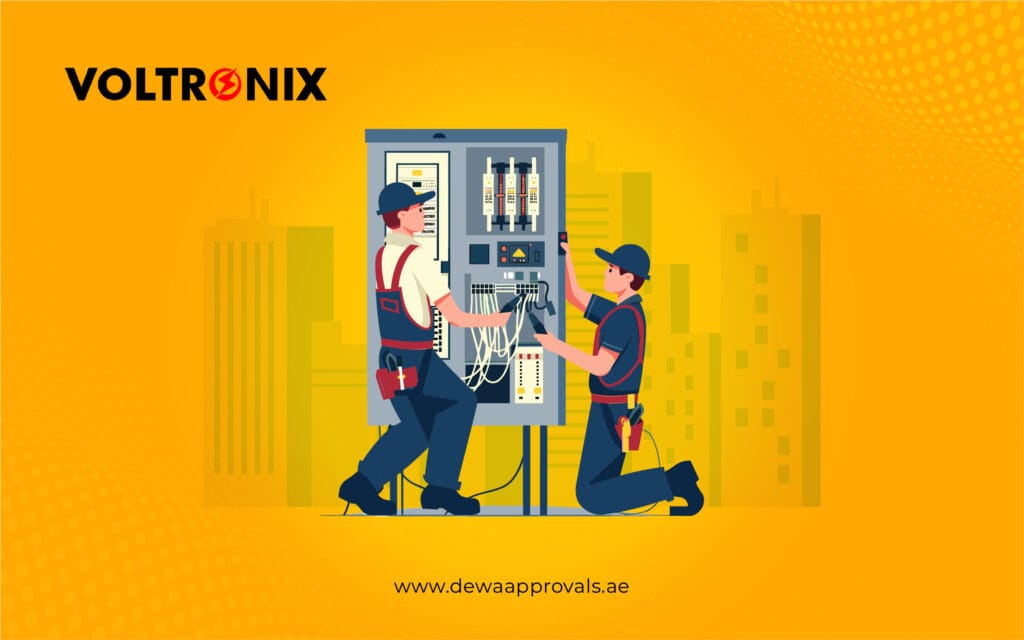Dubai is a city that thrives on innovation and growth. With its rapid development, the Dubai Electricity and Water Authority (DEWA) plays a crucial role in ensuring that electrical and water installations meet the highest standards. Whether you’re setting up a new property, upgrading existing installations, or seeking compliance for a project, understanding the DEWA installation approval process is essential. In this guide, we’ll walk you through the step-by-step process to obtain DEWA approvals, ensuring a smooth and hassle-free experience.
1. Understanding DEWA and Its Role
DEWA is responsible for providing electricity and water services in Dubai. It ensures that all installations comply with local regulations and standards, maintaining safety and efficiency. DEWA approvals are mandatory for all new installations, modifications, and upgrades in residential, commercial, and industrial properties.
2. Why DEWA Approval is Essential
Obtaining DEWA approval is crucial for several reasons:
- Safety: DEWA ensures that installations meet safety standards, preventing accidents and hazards.
- Legal Compliance: Without DEWA approval, your installations may be deemed illegal, leading to fines and legal issues.
- Quality Assurance: DEWA-approved installations meet high-quality standards, ensuring reliable and efficient service.
3. Preparing for the DEWA Approval Process
Before starting the approval process, it’s essential to gather all necessary documents and understand the requirements. Here’s a checklist to get you started:
- Property Documents: Title deed, tenancy contract, or ownership documents.
- Technical Documents: Detailed drawings, plans, and specifications of the installations.
- Consultant/Contractor Details: Information about the consultant or contractor handling the project.
4. Selecting a Qualified Consultant or Contractor
Choosing a qualified consultant or Dewa approved contractor is vital for a successful DEWA approval process. They should be registered with DEWA and have a thorough understanding of local regulations. A qualified professional will ensure that your installations meet all the necessary standards and requirements.
5. Submission of Application
Once you’ve gathered all the necessary documents and selected a qualified consultant or contractor, the next step is to submit the application to DEWA. The application can be submitted online through the DEWA portal. Ensure that all the information is accurate and complete to avoid delays.
6. Review and Inspection
After submitting the application, DEWA will review the documents and schedule an inspection. The inspection is a critical part of the approval process, as it ensures that the installations meet all safety and quality standards. During the inspection, DEWA officials will check the installations for compliance with the approved plans and specifications.
7. Addressing Any Issues
If any issues or discrepancies are found during the inspection, DEWA will notify you. It’s essential to address these issues promptly and make the necessary corrections. Your consultant or contractor will play a crucial role in resolving any problems and ensuring that the installations meet DEWA’s standards.
8. Obtaining the Final Approval
Once all the issues are resolved and the installations meet DEWA’s standards, you’ll receive the final approval. This approval is a certification that your installations are safe, compliant, and meet all necessary regulations.
9. Connecting to the Grid
With the final approval in hand, you can proceed to connect your installations to the DEWA grid. This step involves coordinating with DEWA for the physical connection and ensuring that everything is set up correctly. Once connected, you’ll receive a connection certificate, confirming that your installations are now officially part of the DEWA network.
10. Regular Maintenance and Compliance
Obtaining DEWA approval is not the end of the process. Regular maintenance and compliance checks are essential to ensure that your installations remain safe and efficient. DEWA may conduct periodic inspections, and it’s crucial to address any issues promptly. Regular maintenance will help prevent problems and ensure the longevity of your installations.
11. Staying Updated with DEWA Regulations
DEWA regulations and standards may change over time. It’s essential to stay informed about any updates or changes that may affect your installations. Regularly checking the DEWA website or consulting with your contractor can help you stay updated and ensure ongoing compliance.
12. Common Mistakes to Avoid
To ensure a smooth approval process, it’s essential to avoid common mistakes:
- Incomplete Documentation: Ensure that all documents are complete and accurate before submission.
- Choosing an Unqualified Contractor: Always select a DEWA-registered contractor with experience and knowledge of local regulations.
- Ignoring DEWA Regulations: Stay informed about DEWA regulations and ensure that your installations comply with all requirements.
13. Conclusion
Obtaining DEWA installation approval is a vital step in ensuring the safety, legality, and efficiency of your electrical and water installations in Dubai. By following this step-by-step guide, you can navigate the process with confidence and ease. Remember to choose a qualified consultant or contractor, prepare all necessary documents, and stay informed about DEWA regulations. With the proper preparation and attention to detail, you can ensure a smooth and successful approval process, allowing you to enjoy the benefits of safe and reliable installations.


